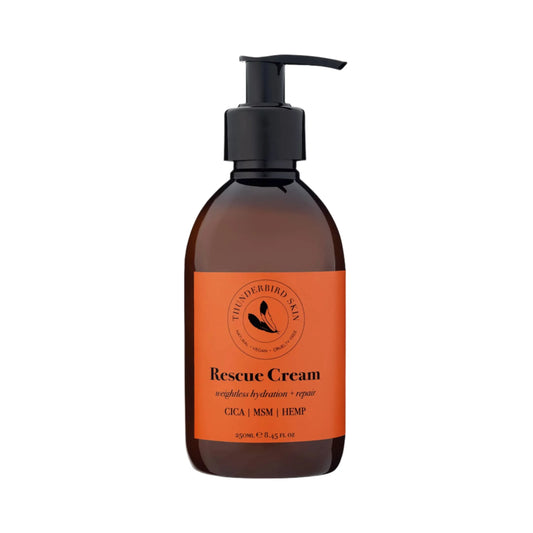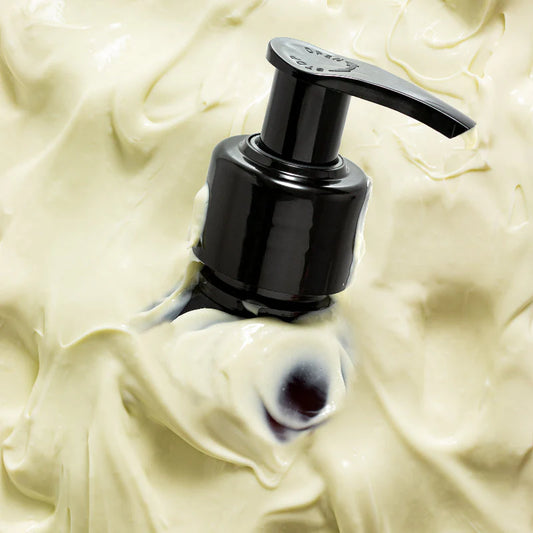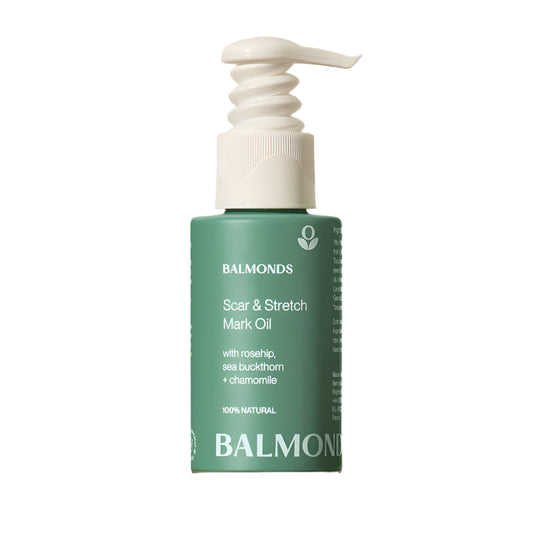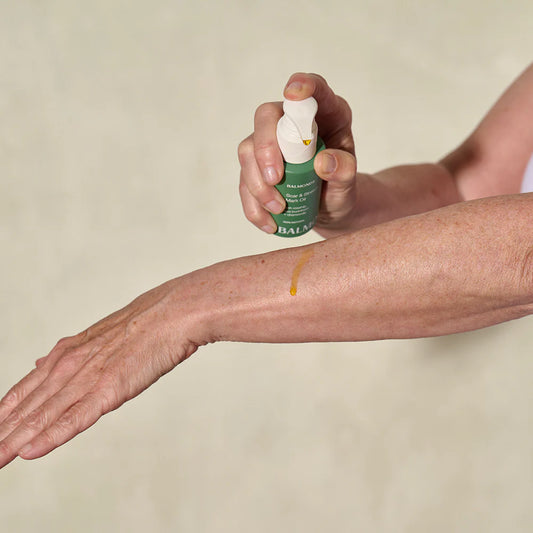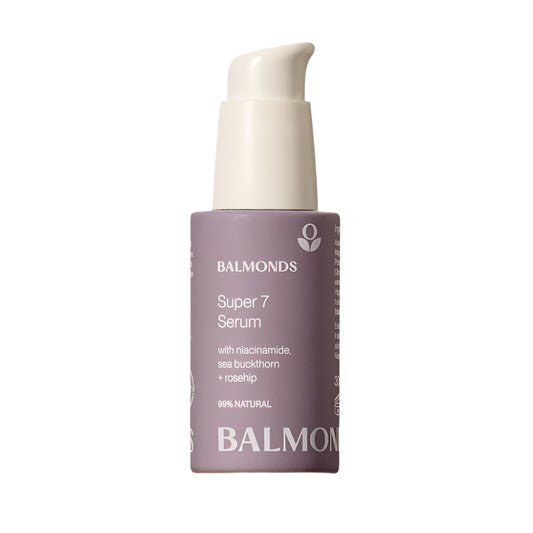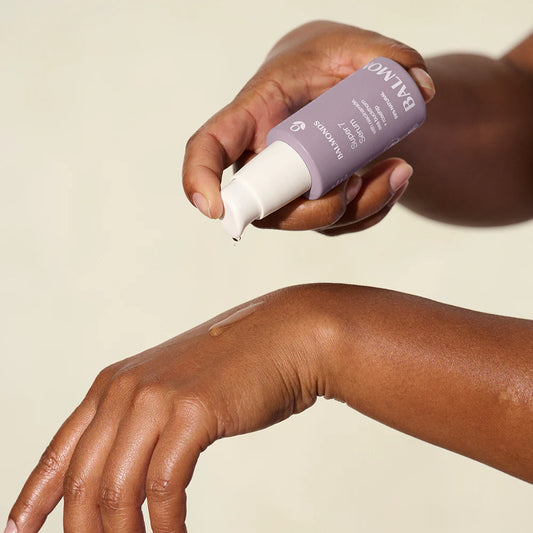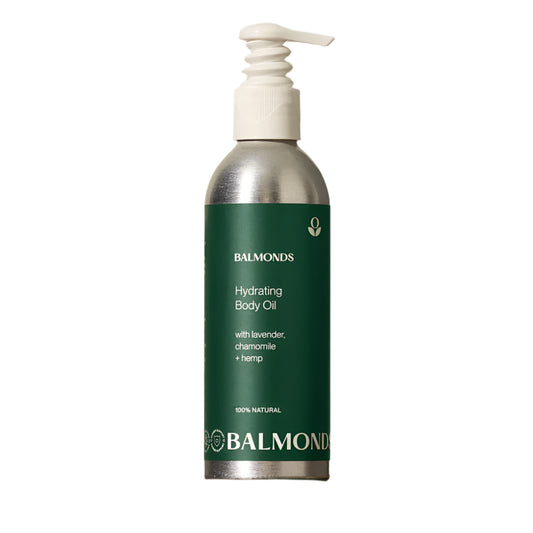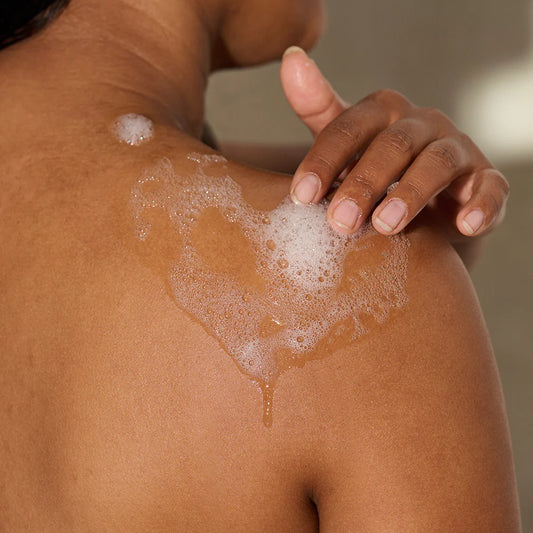
Skincare to Avoid When Pregnant: The Essential Guide for Expecting Mums
Share
Pregnancy brings about a world of change—physically, emotionally, and hormonally. As your body works around the clock to nurture new life, your skin often bears the brunt of the transition. From pregnancy glow to unexpected breakouts and pigmentation changes, many mums-to-be find themselves reassessing their skincare routines.
But here’s the thing: not all skincare is safe during pregnancy. While your go-to serums and creams may have served you well pre-pregnancy, some ingredients could pose risks to your baby’s development. Whether you’re newly pregnant or planning ahead, it’s important to know what skincare to avoid when pregnant—and what you can safely use instead.
Why Skincare Matters During Pregnancy
Your skin is your body’s largest organ—and it’s more permeable than you might think. While many topical ingredients only penetrate the upper layers, certain substances can enter your bloodstream and, potentially, reach the baby through the placenta.
Moreover, pregnancy hormones can make your skin more sensitive, reactive, or prone to pigmentation issues like melasma (also known as the “mask of pregnancy”). All the more reason to take a closer look at the labels on your lotions, serums, and treatments.
The Top Skincare Ingredients to Avoid When Pregnant
Let’s dive into the specific ingredients that experts recommend avoiding during pregnancy—and why.
1. Retinoids (Vitamin A Derivatives)
Why to avoid: Retinoids are powerhouse ingredients when it comes to fighting signs of ageing, boosting collagen, and treating acne. However, both oral and topical retinoids have been linked to serious birth defects and developmental issues in unborn babies.
Commonly listed as: Retinol, Retin-A, Tretinoin, Adapalene, Isotretinoin (Accutane).
Better alternatives: If you’re looking for anti-ageing or acne-fighting benefits, try bakuchiol, a plant-based alternative to retinol. Niacinamide is also a great option for improving skin texture and tone.
2. Salicylic Acid (in High Concentrations)
Why to avoid: While salicylic acid (a beta hydroxy acid) is excellent for exfoliating and clearing clogged pores, high concentrations can be harmful in pregnancy. Some studies suggest that it may cause complications similar to aspirin in high doses.
Commonly listed as: Salicylic acid, BHA, willow bark extract.
Safe in small doses? Yes, most experts agree that low concentrations in over-the-counter cleansers (2% or less) are generally safe. However, it's best to avoid peels or professional treatments with higher strengths.
Better alternatives: Consider azelaic acid for acne, glycolic acid for mild exfoliation, or lactic acid for dry skin.
3. Hydroquinone
Why to avoid: Often prescribed for hyperpigmentation or melasma, hydroquinone is absorbed into the bloodstream in significant amounts—up to 45% in some studies. Though no definitive link to birth defects has been established, the high absorption rate is enough for most doctors to advise against it.
Commonly listed as: Hydroquinone, skin-lightening cream, bleaching cream.
Better alternatives: Vitamin C and kojic acid are effective and generally considered safe during pregnancy.
4. Essential Oils (Certain Types)
Why to avoid: While essential oils can offer therapeutic benefits, some may trigger contractions, affect hormone levels, or cause irritation—especially in high concentrations or when used inappropriately.
Oils to avoid: Rosemary, clary sage, jasmine, sage, cinnamon, basil, and thyme.
Safer options: Lavender, chamomile, and frankincense are often considered safer, but it’s always best to consult a midwife or healthcare provider before using essential oils during pregnancy.
5. Formaldehyde and Formaldehyde-Releasing Agents
Why to avoid: Commonly found in nail products, lash adhesives, and some hair treatments, formaldehyde is a known carcinogen and should be avoided by everyone—especially expecting mums.
Commonly listed as: Formaldehyde, DMDM hydantoin, quaternium-15, imidazolidinyl urea.
Better alternatives: Choose formaldehyde-free nail polishes and natural lash glues specifically labelled pregnancy-safe.
6. Chemical Sunscreens
Why to avoid: Some chemical sunscreens contain ingredients like oxybenzone and avobenzone, which may disrupt hormones and have been detected in breast milk.
Commonly listed as: Oxybenzone, octinoxate, avobenzone.
Better alternatives: Use mineral (physical) sunscreens with zinc oxide or titanium dioxide. These sit on top of the skin and are less likely to be absorbed into the bloodstream.
7. Phthalates and Parabens
Why to avoid: These preservatives and plasticisers are often used to stabilise products and add fragrance. Some studies link them to hormonal disruption and reproductive issues.
Commonly listed as: Diethyl phthalate (DEP), methylparaben, propylparaben.
Better alternatives: Look for products labelled paraben-free and phthalate-free, or opt for certified organic skincare brands.
Tips for a Safe Pregnancy Skincare Routine
- Read the labels carefully. If you can’t pronounce it, look it up—or avoid it.
- Stick to simple routines. Fewer products with fewer ingredients can reduce the chance of irritation.
- Choose fragrance-free or hypoallergenic options. Pregnant skin can be extra sensitive.
- Talk to your doctor or midwife. If you're unsure about an ingredient, professional guidance is always best.
- Don’t forget hydration. Water and moisturising are your best friends throughout pregnancy.
Final Thoughts: Your Pregnancy Glow, the Safe Way
Pregnancy is a time of immense change and self-discovery. While it’s tempting to stick to your usual skincare routine, taking the time to understand what skincare to avoid when pregnant can make a real difference to your wellbeing—and your baby’s health.
Thankfully, the beauty industry is becoming increasingly aware of these needs. Many brands now offer pregnancy-safe formulations, and with a little knowledge, you can maintain healthy, radiant skin without compromising safety.
Your skin deserves love—and your baby does too. So treat yourself to gentle, nourishing products that support this beautiful chapter in your life.
Looking for natural skincare for your pregnancy?
Check out our full range here.
NOTE: Please be aware this is not medical advice, please speak directly to your Doctor for more information.

